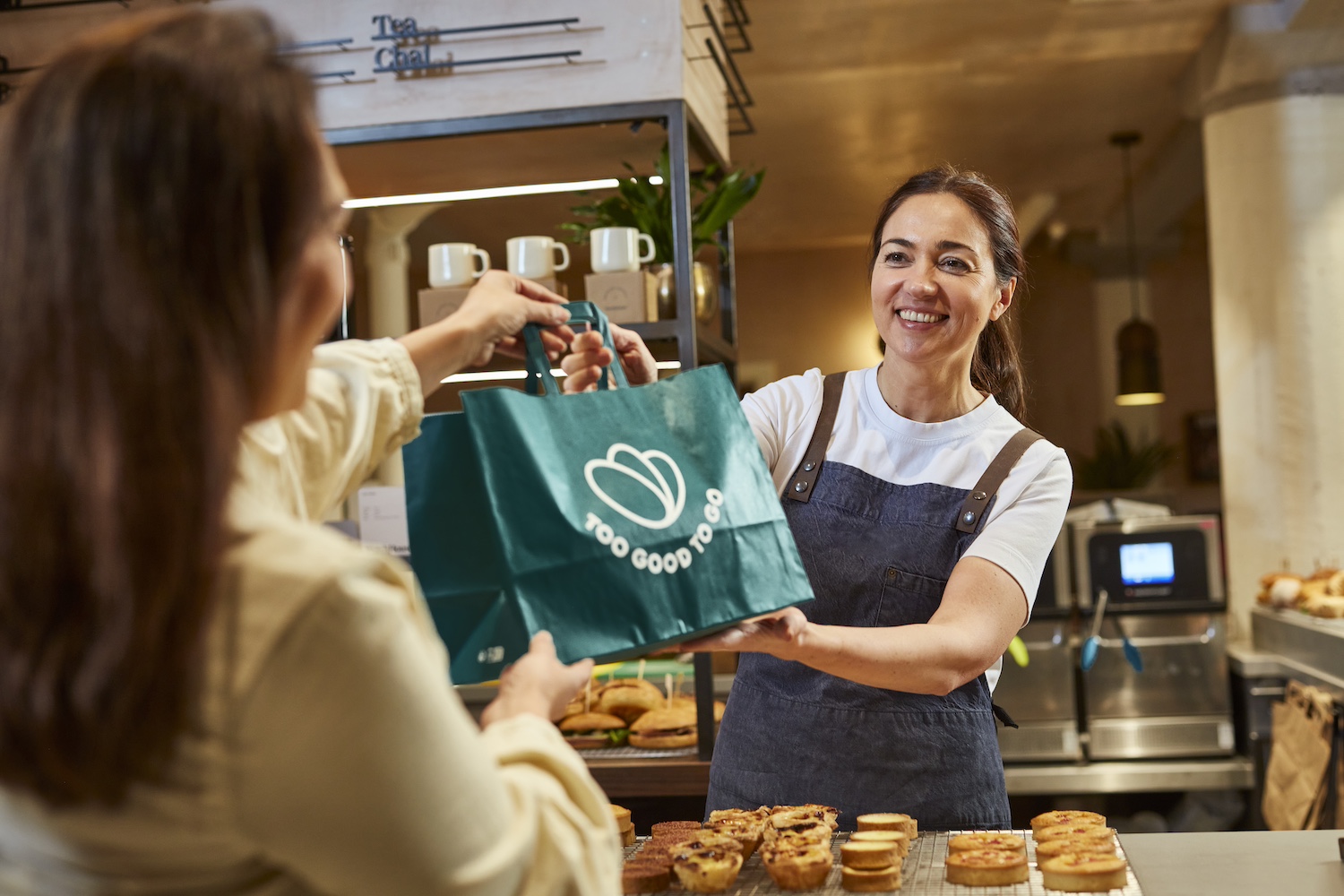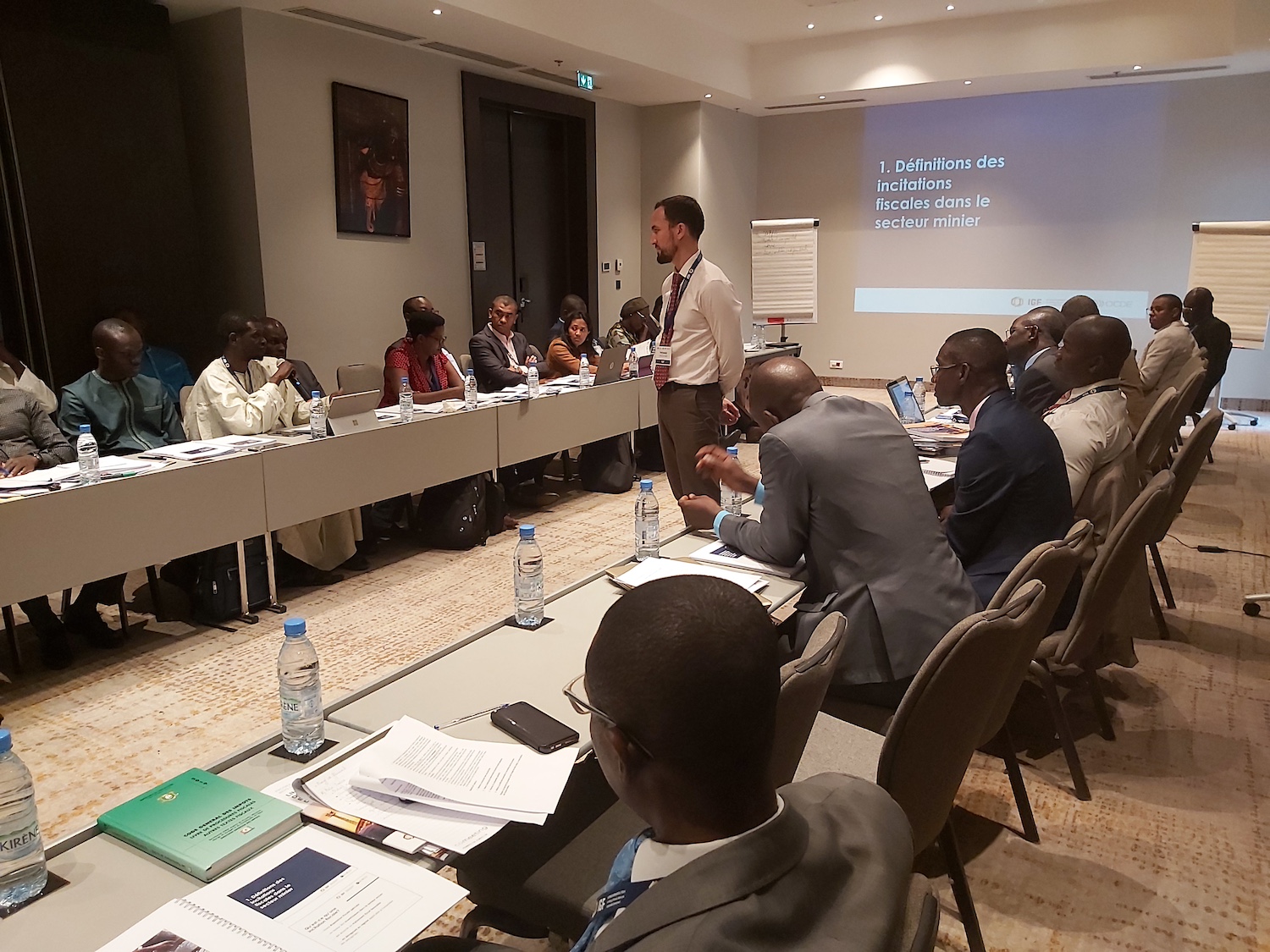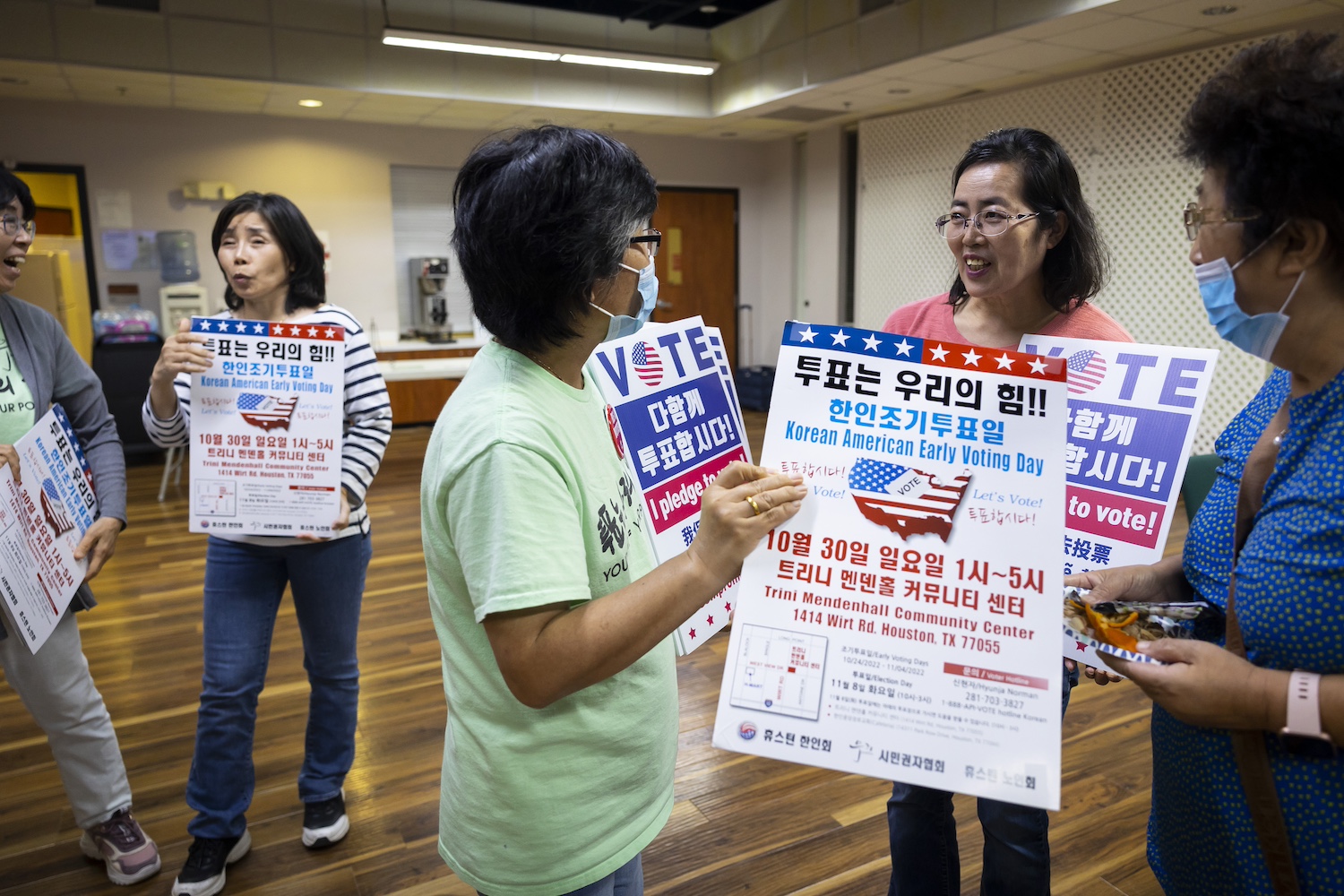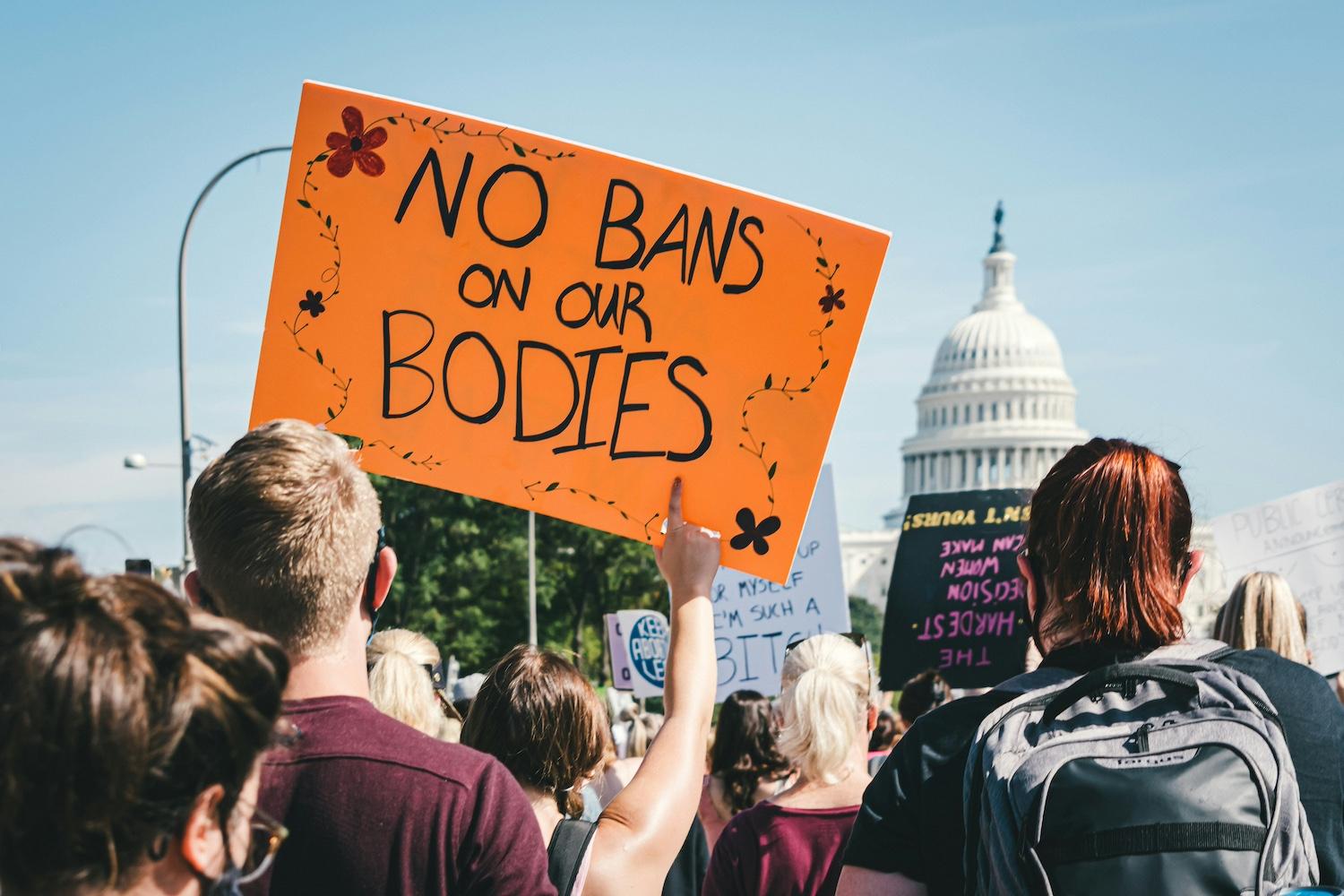
Food recovery apps offer new ways to reduce food waste, and they're catching our attention. (Image courtesy of Flashfood.)
This story is part of The Solutions Effect, a monthly newsletter covering the best of solutions journalism in the sustainability and social impact space. If you aren't already getting this newsletter, you can sign up here.
Just over a year ago, TriplePundit shifted to solutions journalism in response to our readers’ call for inspiring stories about how people are solving global challenges that is matched by news consumers worldwide. We’ve since launched new projects like solutions-focused article series and a fellowship with the Solution Journalism Network’s 2024 climate cohort — not to mention this newsletter.
The end of our first full year as a solutions publication arrives as divisive stories about conflict, disasters, and politics seem to be squeezing other topics out of the headlines — making news that fosters hope, action and constructive conversation even more vital. With the importance of spotlighting progress top of mind, let’s wrap up the year with some of the stories that our readers loved the most.

Apps that make reducing food waste as easy as ordering takeout
The food services and retail industries waste roughly 400 million tons of food every year. A growing number of mobile apps are getting some of that food to people before it’s sent to the landfill. Each app takes a unique approach: offering surprise bags of surplus food from local restaurants at a discounted price, partnering with grocers to list good food that can no longer be sold in-store for up to 50 percent off, or coordinating volunteer drivers to deliver surplus food to hunger relief organizations.
Earlier this year, I broke down the most popular food rescue apps in The Solutions Effect. Combined, they have saved hundreds of millions of pounds of food from going to waste.

Countries prioritizing social and environmental protections in the mining industry
Many mining companies that provide the minerals essential to renewable energy technologies are linked to severe human rights allegations and environmental destruction. In our Undermining Progress series, 3p contributor Andrew Kaminsky explores how governments around the world are stepping up to prioritize social and environmental protections.
Some are cracking down on the tactics that mining companies use to shift profits from one country to another, denying countries and communities the tax revenue they rely on in the process. That often means partnering with NGOs to flag the problem and adjust tax policies accordingly. “When the Intergovernmental Forum on Mining, Minerals, Metals and Sustainable Development assisted Mongolia with its tax policies, it audited a large multinational mining company and found that an additional $228 million in taxes should be paid,” Kaminsky reported this summer. “The company quickly paid the bill in full.”
Other countries are backing out of investor-state dispute settlements, a controversial mechanism meant to mobilize private investment that mining companies use to sue countries for enacting social and environmental protections that impact their projects. While proponents argue these settlements are necessary to resolve legal disputes, critics don’t see it that way. Canada, Ecuador, Bolivia, Honduras, Venezuela, South Africa and India all took steps to minimize their exposure.

Cities with unique approaches to climate change adaptation
Urban areas are known for their significant contributions to climate change and simultaneous vulnerability to its effects. That position pushes them to be incubators for innovative climate solutions, each taking a custom approach to adaptation that addresses their specific challenges. Another 2024 edition of The Solutions Effect looked at some of the most unique urban climate adaptation methods around the world.
Cities in Singapore and Argentina created digital twins to track tree health. Architects across Asia are preventing flooding with roof designs inspired by traditional rice farming. And one of the hottest cities in Germany, Frankfurt, uses wind corridors created by buildings to stay cool.

Relationship-building and advocacy strengthen disaster recovery for immigrant communities
When a levee broke and flooded the town of Pajaro, California, almost the entire community was displaced. Most residents didn’t know each other, which made advocating for recovery support difficult. In our Empowering Immigrant Communities For Climate Justice series, 3p contributor Riya Anne Polcastro explored how a coalition of agencies helped foster a sense of community in Pajaro to improve disaster recovery efforts. “Now, the same neighbors who didn’t know each other before the disaster come together every Friday, forming a resident subcommittee focused on grassroots organizing,” Polcastro wrote. “They pinpoint and develop leaders from the community, build connections, guide the town from rebuilding to prospering, and prepare for the next disaster.”
In Houston, the nonprofit Woori Juntos also focuses on bringing immigrant and migrant communities together to advocate for policy. The organization helps bridge language gaps for those navigating things like health care and disaster recovery. That service extends to civic engagement. “The climate crisis is a big part of Woori Juntos’ organizing and policy work, with members listing it as one of their biggest concerns,” Polcastro reported. “The organization uses its translation services to assist members in testifying at the city council and the state capitol.”

How business leaders can support reproductive rights
For the September edition of The Solutions Effect, I spoke with Michelle Greene, senior advisor for the Women and Democracy Initiative at the bipartisan, pro-democracy Leadership Now Project, about how businesses can support reproductive rights as they continue to be a focal point of U.S. politics.
“There's a whole economic case for why this is important,” Greene said. “The even more important point is literally women are dying, and that just should not be happening. And it certainly should not be happening because of decisions made by a not-fully-representative body that is not reflecting the will of the vast majority of Americans.”
Business leaders have an important role to play in supporting these rights and can do so in a variety of ways, she said. Her recommendations include using their voice, offering benefits for reproductive health services, and giving employees paid time off to vote.
Do you have a favorite solutions story from TriplePundit this year or a topic you’d like to see more solutions coverage of next year? Tell us here.

Taylor’s work spans print, podcasts, photography and radio. She brings her passion for covering social and environmental issues through the lens of solutions journalism to her work as assistant editor.














